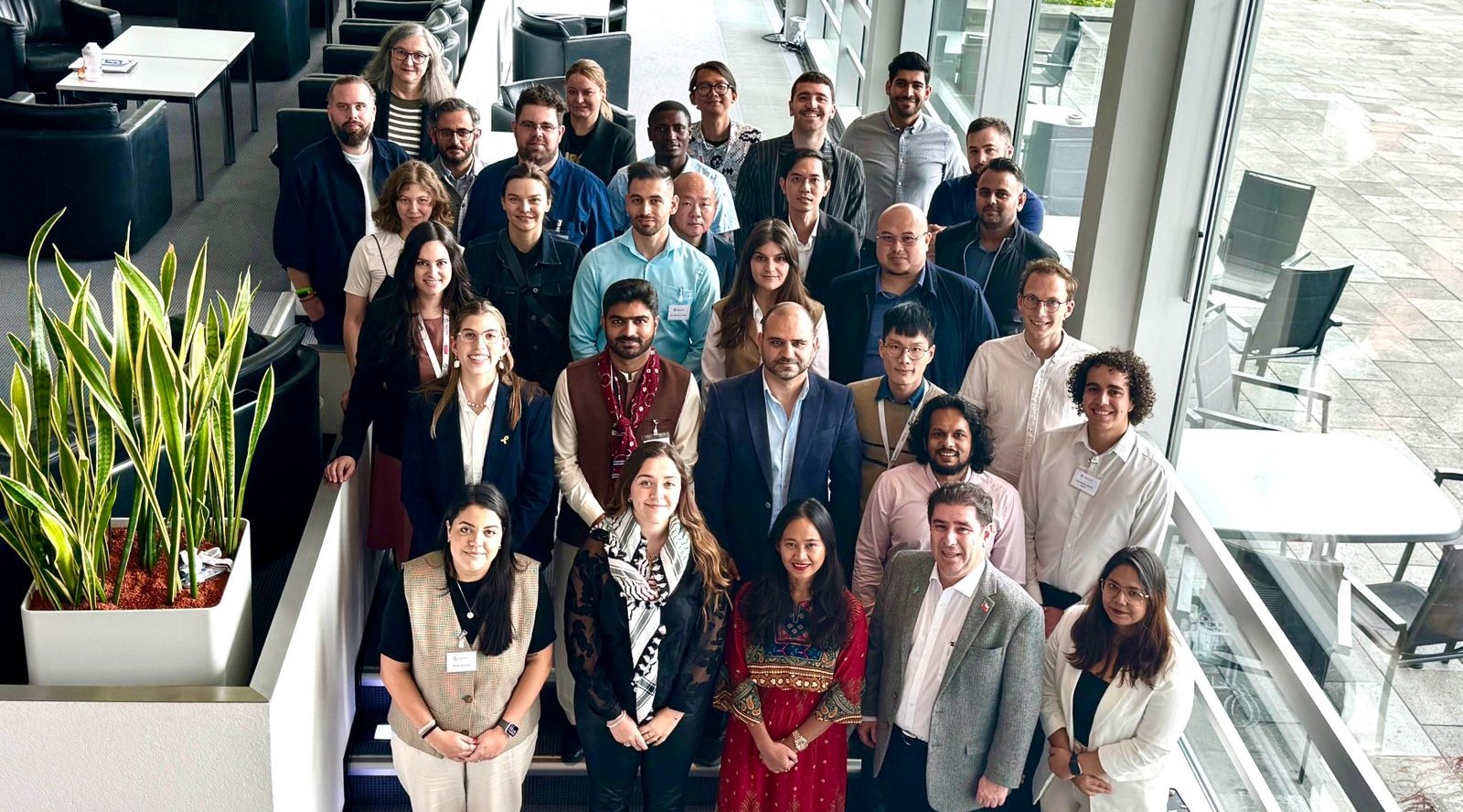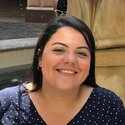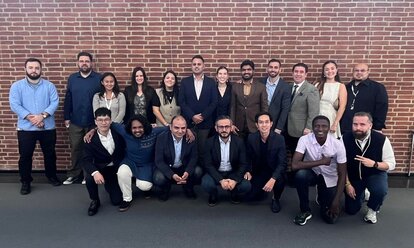ALUMNI
Safeguarding Freedom in the Digital World

Gummersbach is a small town located just 50 km east of Cologne in Germany. Despite being relatively unknown, a brief Google search reveals its limited tourist attractions, as it remains a quiet residential area, surrounded by stunning green landscapes. Nevertheless, Gummersbach holds a special significance for me, as it is where the International Academy of Leadership (IAF) of the Friedrich Naumann Foundation for Freedom is located. This is a place where the exchange of ideas and multiculturalism are the defining features, making it a pivotal gathering place for liberal leaders worldwide.
I arrived in Gummersbach on the first Sunday of June 2024 to start a two-week intense seminar, where the main theme of all our sessions was: How do we protect freedom and democracy in the new digital world we live in? To answer this question, we acted as advisors to a new ministry, the Ministry for the Future, tasked with finding liberal solutions to current global challenges. In just two weeks, we covered complex topics such as artificial intelligence, monopolies of big tech companies, dis/misinformation, the inner workings of social networks, their use by authoritarian governments, and cryptocurrencies.
Our two facilitators, Sven Gerst and Hussam Erhayel, were the perfect combination for this seminar right from the start. Sven, optimistic and a passionate advocate for new technologies, contrasted with Hussam, the convinced pessimist who believed robots would end up conquering the world. Their sessions were very informative, demonstrating not only their extensive knowledge of the subject but also their relentless curiosity to learn more, which motivated us to delve deeper into each topic. Moreover, they were very entertaining, striking the perfect balance between professionalism and informality (I certainly learned a lot about geography from all the times we played City Guesser before each session).
The most valuable aspect of this seminar was the intercultural exchange among colleagues. In a group of over 20 people, with men and women from diverse corners of the world and varied professional backgrounds, the most enriching part of this workshop was sharing experiences and knowledge.

We had several special guests, each of them an expert in their own field, with diverse and very interesting presentations. Personally, Anna Chekhovich stood out to me, as the Chief Financial Officer of the Anti-Corruption Foundation, the organization founded by Russian opposition leader Alexander Navalny. In her presentation, Anna highlighted the crucial connection between human rights advocacy and cryptocurrencies, two concepts rarely associated. However, she demonstrated how technology can be an unexpected ally, especially cryptocurrencies, which were the only available tool for the organization in their struggle against such an oppressive regime like Russia's.
Similarly, we also had the privilege of listening to Estonia's MP, Kristo Enn Vaga, who presented the impressive case of his country's digital transformation. Estonia is recognized as the most advanced digital society in the world, distinguished by its comprehensive digital services such as online voting, legally binding electronic signatures, and electronic medical records, among others. These initiatives have not only enhanced government efficiency and reduced bureaucracy but have also strengthened trust in public institutions and positioned Estonia as a global leader in digital innovation and e-governance.

Beyond the amazing presentations we enjoyed during these two weeks, the most valuable aspect of this seminar was the intercultural exchange among colleagues. In a group of over 20 people, with men and women from diverse corners of the world and varied professional backgrounds, the most enriching part of this workshop was sharing experiences and knowledge. Hearing about each participant's experiences and the realities of their respective countries opened my eyes to situations I had been completely unaware of. Each person contributed something unique, which I took back with me to Uruguay. Working together as a team not only allowed us to get to know each other better but also facilitated the exchange of ideas and perspectives, always fostering an environment of respect and tolerance, leading to a continuous learning experience.
The connections made and the knowledge acquired during this seminar have been profoundly enriching for me, and I intend to bring these insights back to Uruguay. These learnings will be essential for expanding my research on the impact of new technologies on open societies. Furthermore, they have inspired me to delve deeper into this topic and integrate these new perspectives into our workshops and events aimed at promoting media literacy among the Internet-native generations.
Lastly, I want to express my deepest gratitude to the Friedrich Naumann Foundation for Freedom, in particular the office in Argentina, Brazil, Paraguay and Uruguay which CESCOS is a partner, for providing me with this opportunity. The Foundation has proven its leadership in addressing the most pressing challenges facing the world today. Its consistent commitment to fostering dialogue, promoting tolerance, and actively seeking positive change serves as an example to all of us. Thank you very much!